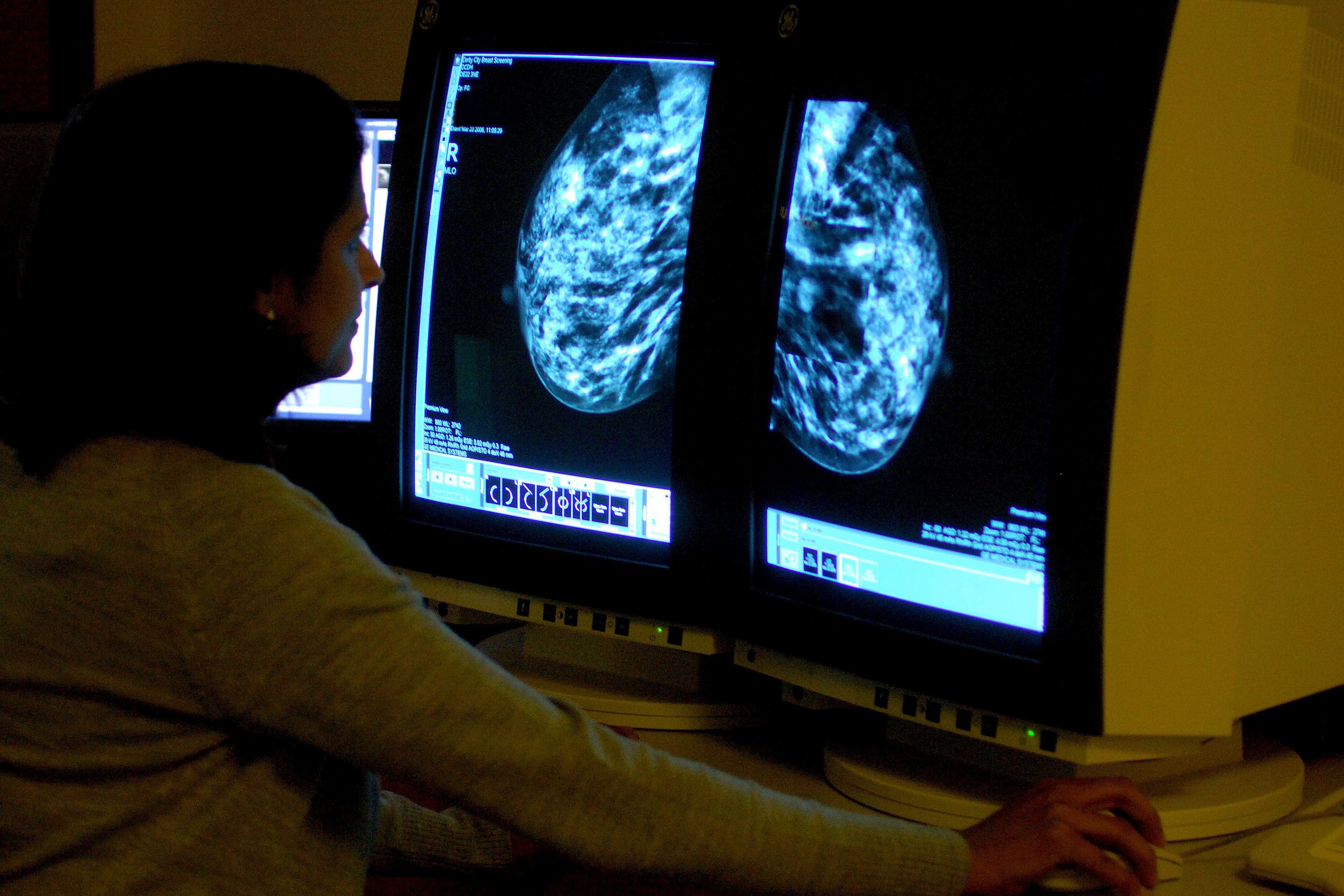New breast cancer drug given green light for NHS use
Breast Cancer Now said olaparib will be an ‘valuable alternative’ for patients with a certain type of secondary breast cancer.

Your support helps us to tell the story
From reproductive rights to climate change to Big Tech, The Independent is on the ground when the story is developing. Whether it's investigating the financials of Elon Musk's pro-Trump PAC or producing our latest documentary, 'The A Word', which shines a light on the American women fighting for reproductive rights, we know how important it is to parse out the facts from the messaging.
At such a critical moment in US history, we need reporters on the ground. Your donation allows us to keep sending journalists to speak to both sides of the story.
The Independent is trusted by Americans across the entire political spectrum. And unlike many other quality news outlets, we choose not to lock Americans out of our reporting and analysis with paywalls. We believe quality journalism should be available to everyone, paid for by those who can afford it.
Your support makes all the difference.Patients in England with a form of breast cancer will be offered a new treatment after it was given the green light for NHS use.
The Institute of Cancer Research, London, (ICR) – which worked on the development of the treatment – said olaparib will offer the chance of “longer, healthier lives” for thousands of patients with a certain type of secondary breast cancer.
Breast Cancer Now said the treatment, which is also known as Lynparza, will be an “valuable alternative” for patients.
The National Institute for Health and Care Excellence (Nice) said the drug can be used for “treating HER2-negative locally advanced or metastatic breast cancer in adults with BRCA1 or BRCA2 mutations who have had chemotherapy”.
This means the new treatment is a second-line treatment option for patients with this type of cancer.
Nice said that around 1,200 people could benefit from the drug, which is made by AstraZeneca.
We’re pleased this additional treatment option at this stage in the pathway could be a valuable alternative choice for patients and clinicians
It said evidence from clinical trials suggests that women with this type of cancer who have olaparib have longer before their cancer gets worse than people who have further chemotherapy.
Olaparib works by targeting the biology of cancers linked to faulty BRCA1 or BRCA2 genes.
The drug can be used across a number of different cancer types, and now certain breast cancer patients can benefit from the drug on the NHS.
“It’s fantastic news that olaparib has been approved for use on the NHS in England, providing a second targeted treatment option for certain people with locally advanced or secondary breast cancer who have inherited an altered BRCA gene,” said Claire Rowney, chief executive of Breast Cancer Now.
“The discovery of how to use PARP inhibitors, like olaparib, to treat these cancers is the culmination of over a decade of work at the Breast Cancer Now Toby Robins Research Centre at the Institute of Cancer Research London.
“And we’re pleased this additional treatment option at this stage in the pathway could be a valuable alternative choice for patients and clinicians.”
Professor Kristian Helin, chief executive of the ICR said: “Olaparib was the first cancer drug in the world to target an inherited genetic fault, and I am pleased that today’s announcement means that more patients will be able to access it on the NHS.”